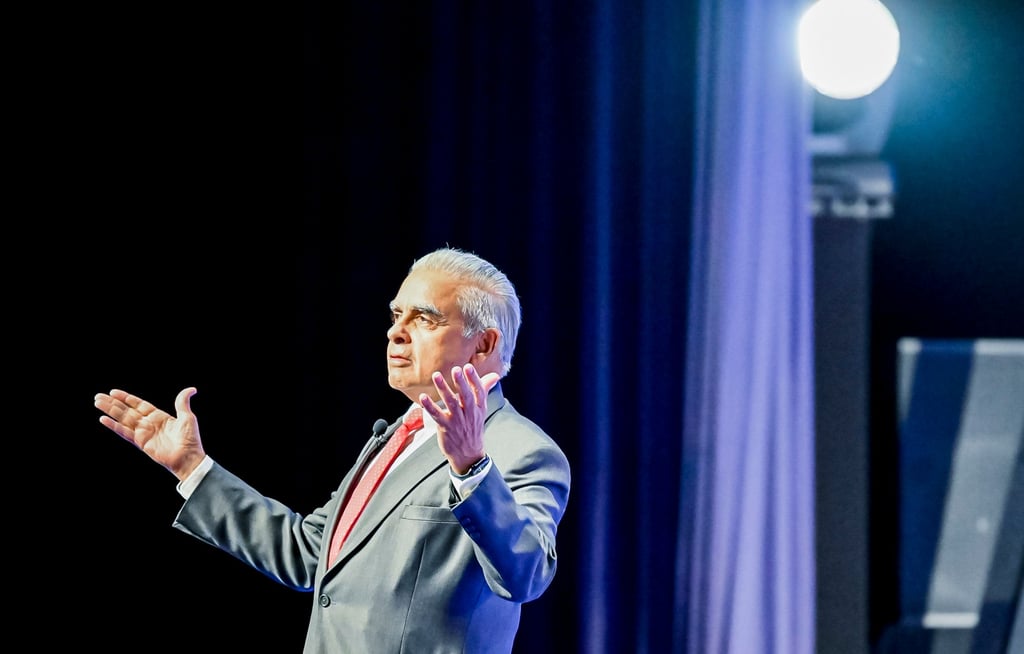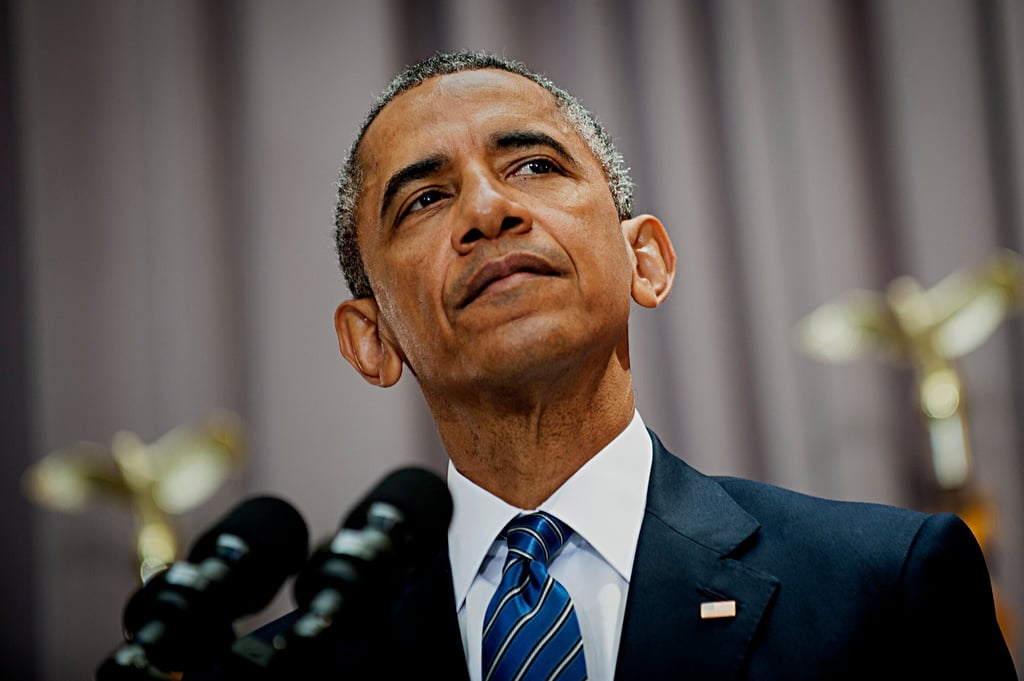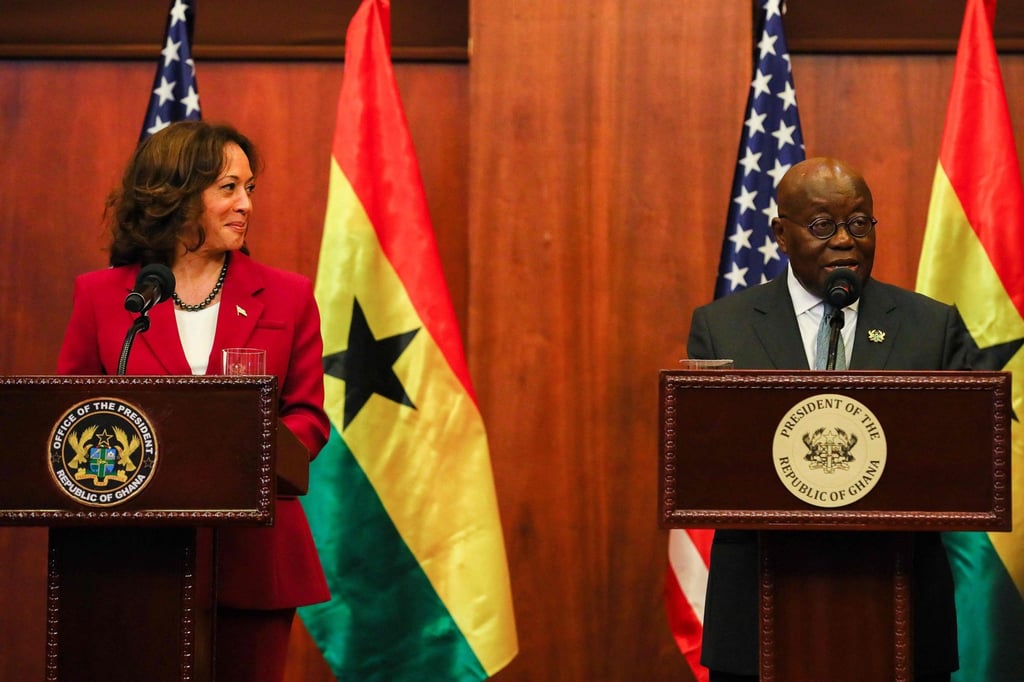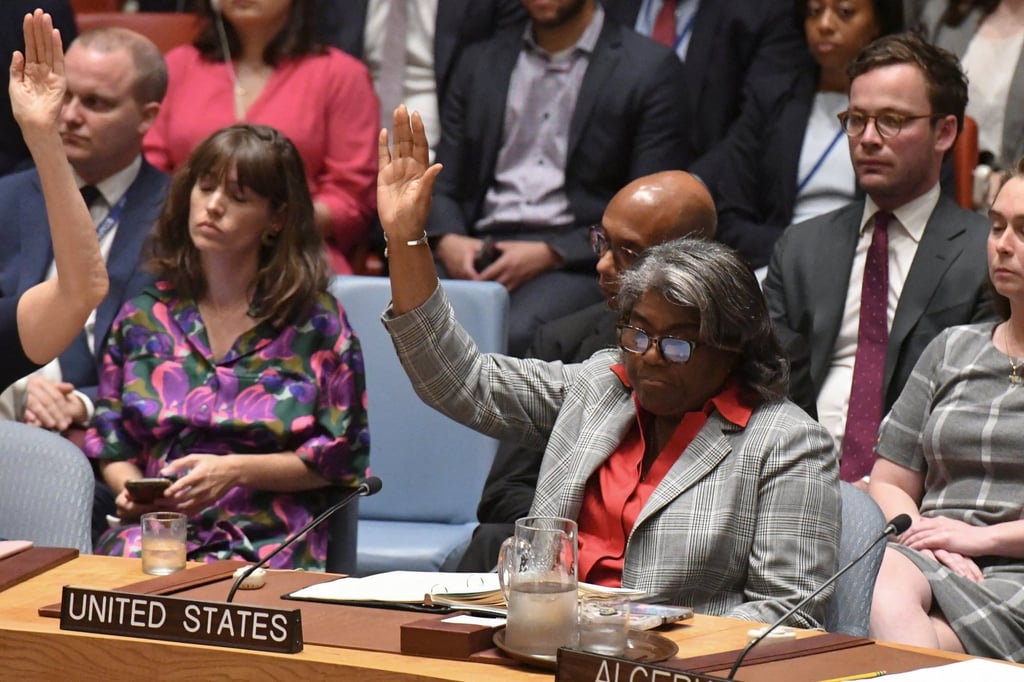World
Could Kamala Harris as president boost US ties to the Global South?

At the same time, America’s first female vice-president stated that how Israel goes about the task “matters” and called the past nine months in Gaza “devastating”, putting more distance between herself and Republicans whose condemnation falls fully on Hamas with little regard for Palestinian civilians caught in the middle.
Her more nuanced tone compared with Biden’s, analysts say, could also appeal to the Global South – a diverse bloc of developing countries across Africa, Asia, the Caribbean and Latin America – where Washington is struggling to counter Beijing’s geopolitical influence.
Harris’s more sympathetic words on the humanitarian crisis engulfing Gaza could improve Washington’s image among Global South leaders, analysts said. But firm backing from the developing world as the US-China rivalry plays out would require a level of progress likely elusive for Harris even if she were to win in November, they added.
“There’s no question she would have the support of the Global South because Gaza is one issue that has fundamentally transformed perceptions of the West,” said Kishore Mahbubani of the National University of Singapore’s Asia Research Institute.
However, this support could wane if it is not backed by concrete actions rather than mere expressions of solidarity.

In failing effectively to help civilians in Gaza caught in the brutal war, the West has not been upholding its “norms and values”, Mahbubani contended.
If Harris as president took a strong stand on Gaza and sought to protect its civilians as opposed to Hamas, then she would help US standing “enormously”, added the former diplomat, who served as president of the UN Security Council between 2001 and 2002.
Policymakers in Africa and Asia would appreciate Harris’s multiracial background, but she could struggle to build strong relationships in the developing world, Mahbubani said, because personality, race and ethnicity carry limited weight in geopolitics.
“Kamala Harris’s hands will be tied,” Mahbubani said. “The broad outlines of the policy will be made by structural forces, especially powerful interest groups.”
With the “tide in the Global South … moving towards China”, he believed Harris should try to win friends in the region by listening and delivering on promises “with deeds”.

“If Kamala Harris wants to be a successful president, she’s got to understand that. She’s got to make significant U-turns from current policies.”
The importance of the Global South has not been lost on high-ranking American officials.
Testifying before a US congressional committee this week, Deputy Secretary of State Kurt Campbell said Washington must “step up our game” in the Global South.
That said, for Harris and her party to embark on bold policy changes, they would need to attain a Democratic majority in both chambers of Congress. Democrats now hold a slim majority in the Senate while Republicans control the House of Representatives.
Nor would Harris’s past experience as a prosecutor necessarily help her because “in geopolitics you’ve got to win friends by losing arguments”, said Mahbubani, adding that, given her background, she “does not know how to lose an argument”.
Harris is no stranger to diplomacy. As vice-president, she has made four trips to Asia, most recently to Jakarta last September, when she said the US in the “next couple of decades” had to focus on “strengthening relationships in this part of the world”.

Aude Darnal, who examines the Global South at the Stimson Center, a Washington-based think tank, said a number of regional experts regarded many of the commitments made during such summits as “recycled”.
As Sino-American geopolitical jockeying has intensified over the years, many in the Global South have avoided aligning with either side.
For decades, China has heavily invested both financially and diplomatically in countries disillusioned by what they perceive as slow development, Western neglect and limited sway in the US-led international order.
Mindful of that diplomatic tussle, Darnal said it would be interesting to see how Harris would handle a foreign-policy disagreement with a key African partner if she became US president.
Without being “too optimistic” solely because Harris is of Caribbean-Indian descent, Darnal hoped that a multiracial background would “give her perhaps a more nuanced view of the world that Biden and certainly Trump don’t have”.
“We can certainly hope that she leans on her heritage and taps into that diaspora that is in the United States to have a better understanding of other countries across the world, including the Global South,” she added.
Harris could take a more sincere approach to global governance reforms, Darnal said, describing it as an area in which Biden did not deliver.

At the IMF, quotas reflect each member country’s financial commitment and voting power. The US holds the single largest share, at 16.5 per cent, practically granting it veto power because major decisions require 85 per cent approval.
Despite China representing about 18 per cent of the global economy, it holds just over 6 per cent of the IMF’s voting shares.
The US has proposed an “equiproportional” increase in quotas, meaning countries could raise their contributions proportionally without altering their voting shares.
Mahbubani, author of several books including The Asian 21st Century, said it was important for the West to understand that “we are seeing the end of 200 years of Western domination of world history”.
“Some of the instincts of the colonial era, the desire to dominate the South, have not disappeared,” he added, suggesting a wise statesperson would have to adjust, adapt and share power with the rest of the world. “The West hasn’t learned that lesson”.










